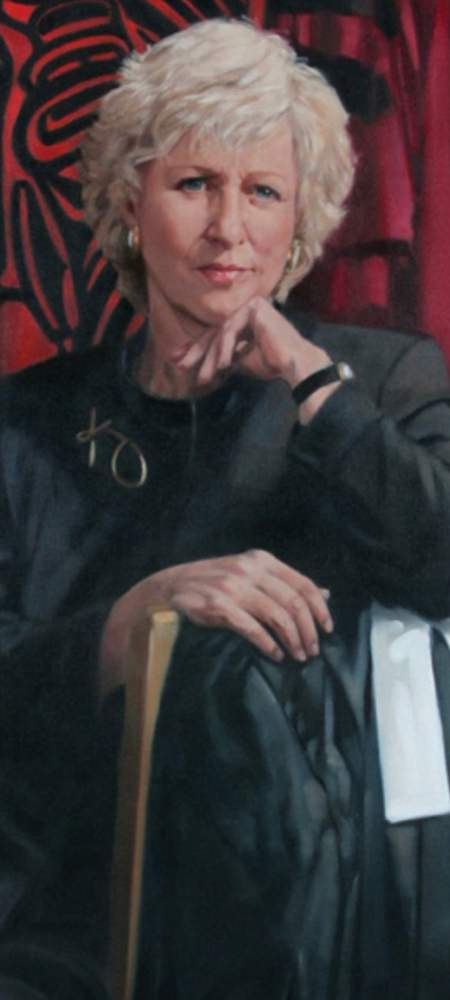Chapter
No
Kim Campbell
Yes indeed, Canada had a female prime minister at one point. Those searching for an inspiring female role model might be disappointed, however, as Kim Campbell’s reign was brief, uneventful, and deeply troubled. Today, she is routinely ranked — and often mocked — as one of the country’s worst or most irrelevant prime ministers.
Campbell had a relatively short career in politics, and her rise to the prime minister’s office was lightning fast. A Vancouver lawyer by training, she had a short career working for the Social Credit administration of British Columbia premier Bill Bennett (1932-2015) in the early 1980s. From there, she was elected to the national parliament in 1988 as a Progressive Conservative. An unapologetic pro-choice feminist, Campbell was seen as a key moderate in the party, and was given a series of important cabinet positions in the government Prime Minister Brian Mulroney (1939-2024). In a glimpse of things to come, she made history as the country’s first female attorney general and first female defence minister.
When Mulroney resigned amid rock-bottom unpopularity in 1993, Campbell’s rising celebrity in the PC party made her the leading choice to replace him. Other, more seasoned cabinet ministers seemed too “status quo,” while fresh, female Campbell was definitely not. She won the PC leadership and called an election shortly after assuming office.
Campbell then lost office in the largest landslide defeat in Canadian history. A number of factors contributed to the victory of Liberal leader Jean Chretien (b. 1938), including the emergence of the right-wing Reform Party, which siphoned a lot of the Conservative vote, a worsening economic situation, and the fact that Campbell, who proved to be rather aloof and condescending on the campaign trail, did little to meaningfully distance or distinguish herself from the Mulroney record.
In the 1993 election, the PCs plunged from 154 seats to two — neither of which was Campbell’s. Her extremely eventful first term in Parliament abruptly over, she immediately resigned from politics and for many years worked mostly outside Canada as a speaker and consultant. Recently, she has started to reemerge as a more active figure on the left wing of Canadian politics, most recently assisting the administration of Prime Minister Justin Trudeau (b. 1971) with Supreme Court appointments.
